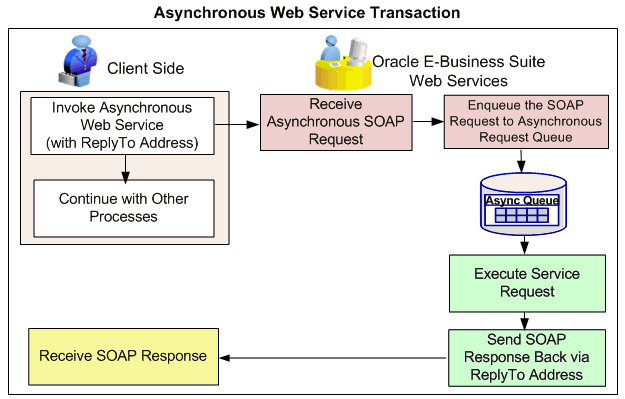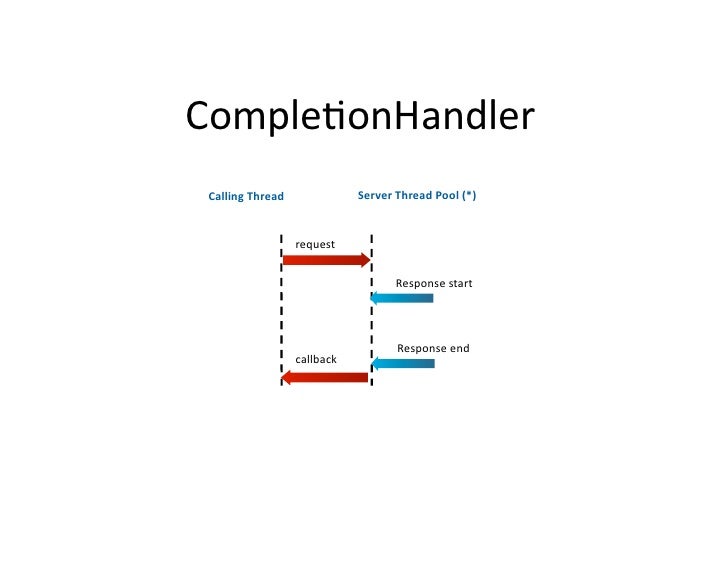
The write function returns aįuture which can be used for flow control.īe specified. It should call the write function with newĭata as it becomes available. It is called with one argument, a write function, and should Headers ( HTTPHeaders or dict) – Additional HTTP headers to pass on the requestīody ( str or bytes) – HTTP request body as a string (byte or unicode if unicodeīody_producer ( ) – Callable used for HTTPRequest ( url : str, method : str = 'GET', headers : Optional, HTTPHeaders ] ] = None, body : Optional ] = None, auth_username : Optional = None, auth_password : Optional = None, auth_mode : Optional = None, connect_timeout : Optional = None, request_timeout : Optional = None, if_modified_since : Optional ] = None, follow_redirects : Optional = None, max_redirects : Optional = None, user_agent : Optional = None, use_gzip : Optional = None, network_interface : Optional = None, streaming_callback : Optional, None ] ] = None, header_callback : Optional, None ] ] = None, prepare_curl_callback : Optional, None ] ] = None, proxy_host : Optional = None, proxy_port : Optional = None, proxy_username : Optional = None, proxy_password : Optional = None, proxy_auth_mode : Optional = None, allow_nonstandard_methods : Optional = None, validate_cert : Optional = None, ca_certs : Optional = None, allow_ipv6 : Optional = None, client_key : Optional = None, client_cert : Optional = None, body_producer : Optional, None ] ], Future ] ] = None, expect_100_continue : bool = False, decompress_response : Optional = None, ssl_options : Optional, SSLContext ] ] = None ) ¶Īll parameters except url are optional. configure ( "tornado.curl_httpclient.CurlAsyncHTTPClient" ) Request objects ¶ class tornado.httpclient. Instead, you must check the response’s error attribute orĪsyncHTTPClient. In the callback interface, HTTPError is not automatically raised. If a callback is given, it will be invoked with the HTTPResponse. Response will always be returned regardless of the response Instead, if raise_error is set to False, the (other errors may also be raised if the server could not beĬontacted).
#ASYNC HTTP CLIENT CODE#
HTTPError if the request returned a non-200 response code This method returns a Future whose result is an If it is a string, we construct an HTTPRequest using any additional The request may be either a string URL or an HTTPRequest object. fetch ( request : Union, raise_error : bool = True, ** kwargs : Any ) → Future ¶Įxecutes a request, asynchronously returning an HTTPResponse. No other methods may be called on the AsyncHTTPClient afterĬlose(). IOLoop is also being closed, or the force_instance=TrueĪrgument was used when creating the AsyncHTTPClient.

That AsyncHTTPClient objects are transparently reused.Ĭlose() is generally only necessary when either the This method is not needed in normal use due to the way initialize ( defaults : Optional ] = None ) → None ¶ close ( ) → None ¶ĭestroys this HTTP client, freeing any file descriptors used. To select curl_httpclient, call nfigure at startup:Ĭhanged in version 5.0: The io_loop argument (deprecated since version 4.1) has been removed. Recommended that your libcurl installation is built withĪsynchronous DNS resolver (threaded or c-ares), otherwise you mayĮncounter various problems with request timeouts (for more


Currently the minimum supported version of libcurl isħ.22.0, and the minimum version of pycurl is 7.18.2. Recommended that you use a recent version of libcurl and Note that if you are using curl_httpclient, it is highly Not-quite-compliant with the HTTP spec, or sites that use little-exercised Including support for HTTP proxies and the ability to use a specifiedĬurl_httpclient is more likely to be compatible with sites that are To switch to curl_httpclient for reasons such as the following:Ĭurl_httpclient has some features not found in simple_httpclient, The default implementation is simple_httpclient, and this is expected That can be overridden with the nfigure method. Instantiate their chosen implementation class directly or use theĪsyncHTTPClient class from this module, which selects an implementation This module defines a common interface shared by two implementations, Tornado.httpclient - Asynchronous HTTP client ¶īlocking and non-blocking HTTP client interfaces.


 0 kommentar(er)
0 kommentar(er)
